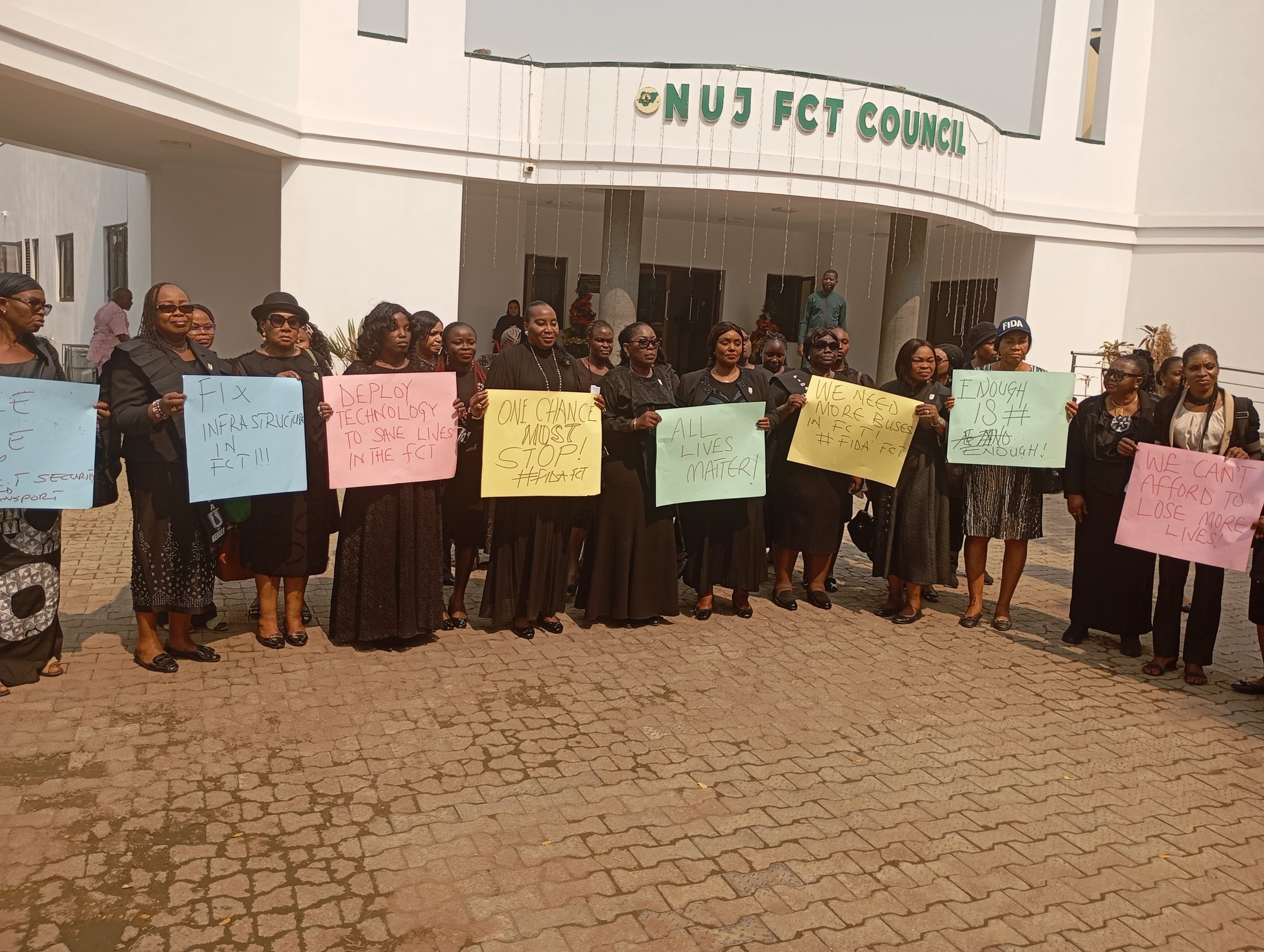A group, the Nigeria Youth Forum (NYF) has decried Nigeria’s continued dependence on food importation despite the country having about 84 million hectares of arable land.
The Forum, while raising the alarm over worsening food insecurity in the country, attributed the crisis to systemic corruption, diversion of agricultural machinery, weak budgetary commitment, and poor oversight of key interventions.
National President of the group, Toriah Olajide Filani, in a statement, yesterday, described the development as a national tragedy and policy failure.
He noted that despite government’s announcements on the procurement and importation of agricultural equipment, many of the items end up diverted for private gain, thereby denying genuine farmers the tools needed to boost productivity.
Filani added that only 35 per cent of Nigeria’s cultivable land is currently in use, and largely by smallholder farmers operating at the subsistence level without access to modern tools or support services.
He also decried the persistent underfunding of the agricultural sector, revealing that Nigeria allocated just 1.32 per cent of its 2024 budget to agriculture.
He added that this figure falls far below the 10 per cent benchmark recommended by the African Union (AU) under the Maputo and Malabo Declarations.
According to him, in what appears to be a shift in policy direction, the Federal Government increased its 2025 agriculture budget to N826 billion, up from N362 billion in 2024, a 128 per cent increase within one year.
Filani stated that mere allocation is not enough without effective implementation, transparency, and impact measurement.
“What we have is a pattern of underinvestment, where only 15 to 19 per cent of what is budgeted ends up reaching the sector. The rest is either lost to bureaucratic bottlenecks or corruption. This is why, despite billions spent on programmes like the Anchor Borrowers’ Scheme and the National Agricultural Technology and Innovation Policy (NATIP), the food situation is still dire,” he said.
Filani said that, in Kano, farming activities are consistent because of dam projects initiated by Audu Bako’s administration, adding that where young people are engaged in farming, they are less likely to become involved in criminal activities.
He, however, called on the government at all levels to see agriculture not just as an economic priority but also as a vital component of national security.
Meanwhile, the NYF, as part of its proposals, recommended the formation of youth-led agricultural cooperatives across the country.
It also called for the expansion of mechanised farming schemes to boost productivity and reduce manual labour constraints faced by rural farmers, warning that failure to act decisively could deepen poverty and insecurity.






